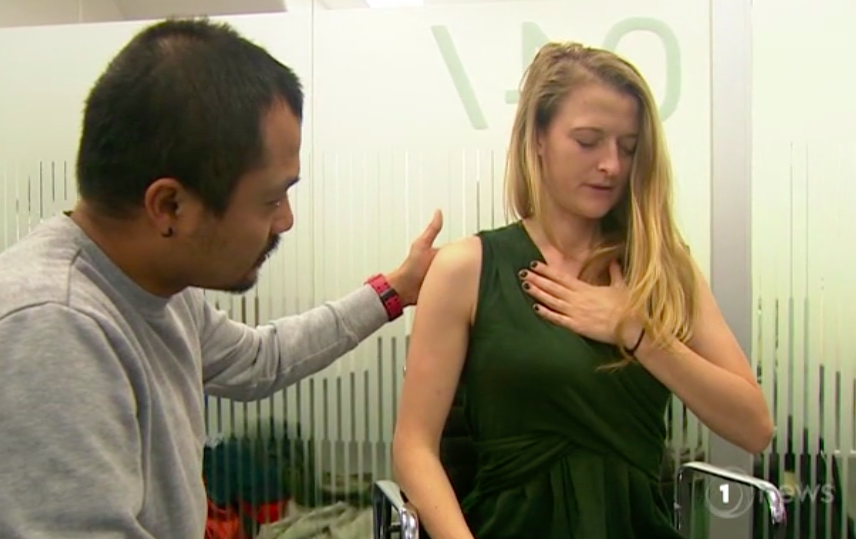This morning I was staring at my screen attempting to write a big newsletter mailout about all of our achievements and wins happening with our Mental Health First Aid training over the last month. From ongoing impact stories where these skills have saved lives, to seeing a real return on investment in some of our biggest client organisations – there is a lot to celebrate and share.
But, I was frozen in my tracks.
I didn’t know how to share the achievement and heart-warming stories of how MHFA skills training is impacting the people of our country because I was overwhelmed with the never-ending to-do list beside me, the 27 tabs open in front of me and the backlog of life admin I hadn’t managed to look at yet. I was tunnel visioned in on what hadn’t been done and the sales I hadn’t made and was sitting in my own shame spiral telling myself, you are a failure.
My colleague took one look at me and asked:
‘Is there something you need?”
‘Yes… but I don’t know what it is…’
She said, ‘That’s okay, let’s have a coffee and make a plan.’
What happened next was magic.
I shared how I was feeling. The mix of emotions and sensations had transported me into a complete freeze – unable to do anything. She listened. She kept asking questions with kindness and curiosity and gave me the space to share the complexity of it all.
I left the meeting feeling ready to DO. Suddenly, the mix of tasks swimming around in the priority tank was put in order and I had the next steps – actual tangible steps to do. We used my feelings and emotions as information to enable me to continue.
I felt like I had been in the conversation for two hours – it had only been 20minutes.
I was shocked at how little time it took to be heard and seen in the mess I was experiencing. My colleague listened to me for 15 of those minutes and then had all the information she needed to help me make a plan for the last 5minutes.
The three main learnings here are:
-
The importance of reaching out when you recognise someone is struggling.
We know that reaching out can significantly reduce the intensity of what someone may be experiencing. Connection is powerful – we can’t even begin to measure the ongoing ripple effect that connecting is having on the New Zealand landscape. We know that reaching out stops people feeling alone and isolated in what is going on for them. MHFA skills give us the reassurance that HOW we connect is making a big difference. -
Accepting support and help.
There have definitely been times in my life where I have said, ‘No I am fine, I’ll just get on with it’. The impulse to figure things out myself because I don’t want to take up someone else’s time or space is something that I have followed a lot. I know that it doesn’t help me, but sometimes it’s the easier options then vulnerably laying everything out on the table and risking feeling like a burden. The difference this time around is that I had absolute trust that my colleague could help me. Talking to someone we trust makes us feel better about accepting support. It made it easier to trust that she wouldn’t be resentful that I used her time for my own need. What I noticed was the awesome phenomenon of her mood lifting the more she was able to offer me.
- Listen to honor, not to answer.
It can be really easy to make assumptions about what someone needs and give unsolicited advice. But if you spend most of your time listening, you don’t have to assume what people need, you can help them work it out for themselves.
Take this opportunity to have a look around you. Is there someone in your office that you can see is having a hard moment? That looks like they are isolated in their task and could use someone to bounce ideas off? What about looking into the corners of your office, looking for the people whose voices you don’t hear often and figuring out who those people can ask for support?
It’s not always possible or easy for someone to reach out. Reach in.




